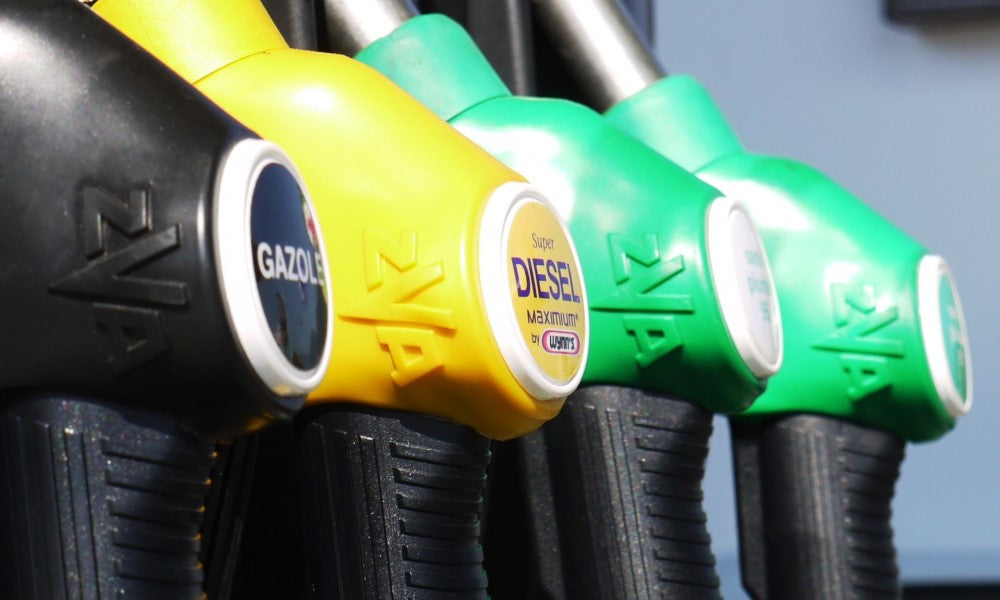
Diesel vs. electric chargers - who will win the race?
Which drive is right for my agriculture? A comparison of the conventional diesel charger and the innovative electric charger.
Can a fully electric wheel loader with all-wheel drive keep up with a diesel machine? The electric loader has an electric motor installed for the drive, which provides high performance with good resolution. A second built-in electric motor controls the working hydraulics in parallel. With a high efficiency of around 80%, electric motors work much more efficiently than combustion engines (30% efficiency). Electricity is also cheaper to operate than diesel. This further strengthens the positive effect.
Many farmers want to say goodbye to CO2 emissions, noise and soot particles from diesel engines. The cost-efficient, emission-free electric drive makes it possible to work in buildings and noise-sensitive areas, such as on the farm and in the stable.
When servicing the electric charger, effort and costs can be saved compared to the diesel charger. Why? Electric wheel loaders have neither a gearbox nor a particle filter. Furthermore, no oil is required for electric motors; there is no need to replace engine oil or filters. On average, annual service work for the electric model is around 50% cheaper than for the diesel model.
Advantages of loaders with electric drive:
- Cheaper operating costs
- Less maintenance and repair work
- No noise emissions
- No unpleasant smells
- Co2 neutral
Advantages of loaders with diesel engines:
- Identical purchase price
- Flexible and permanent working hours
- Quick refueling with diesel
In a direct comparison for the lowest overall costs, the electric farm loader wins the race.
Discover the fully electric MONA farm loader with 0.5 t lifting capacity at attractive conditions.

